International
Biden rules out sending rocket systems ‘that can strike into Russia’ to Ukraine
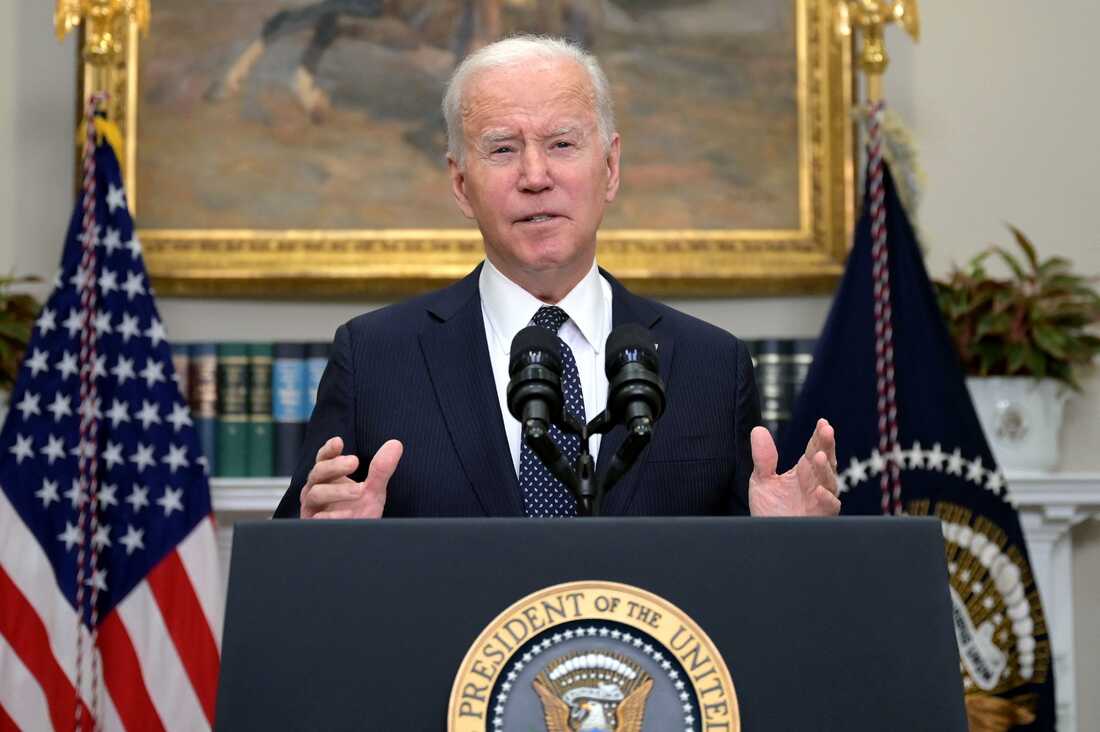
AFP
US President Joe Biden said Monday he would not send rocket systems to Ukraine that could hit targets well inside Russian territory, despite urgent requests from Kyiv for long-range weapons.
“We are not going to send to Ukraine rocket systems that can strike into Russia,” Biden told reporters in Washington.
Pro-Western Ukraine has received extensive US military aid since Russia invaded its neighbor in late February, but says it needs long-range rockets equivalent to what Moscow’s forces use.
Kyiv has asked the United States for mobile batteries of long-range rockets, the M270 MLRS and the M142 Himars, which can launch multiple rockets at the same time with a range of up to 187 miles (300 kilometers), eight times or more the distance of artillery in the field.
This could give Ukrainian forces the ability to reach, with great precision, targets far behind Russian lines, though it is unclear if that is their intent.
“If the West really wants Ukraine’s victory, maybe it is time to give us long-range MLRS?” Ukrainian President Volodymyr Zelensky’s advisor Mykhailo Podoliak tweeted recently.
“It is hard to fight when you are attacked from a 70 km (43 miles) distance and have nothing to fight back with.”
The United States earlier in May announced another $40 billion assistance package amid speculation it included such weapons.
Since failing to capture Kyiv in the war’s early stages, Russia’s army has narrowed its focus, hammering cities with relentless artillery and missile barrages as it seeks to consolidate its control.
Moscow’s forces have continued a push in the eastern Donbas region, upping the pressure on the twin cities of Severodonetsk and Lysychansk.
Ukrainian forces pushed back over the weekend in the southern region around Kherson as Zelensky seeks to crank up already hefty international pressure on Moscow.
International
Germany says football bodies alone will decide on possible World Cup boycott
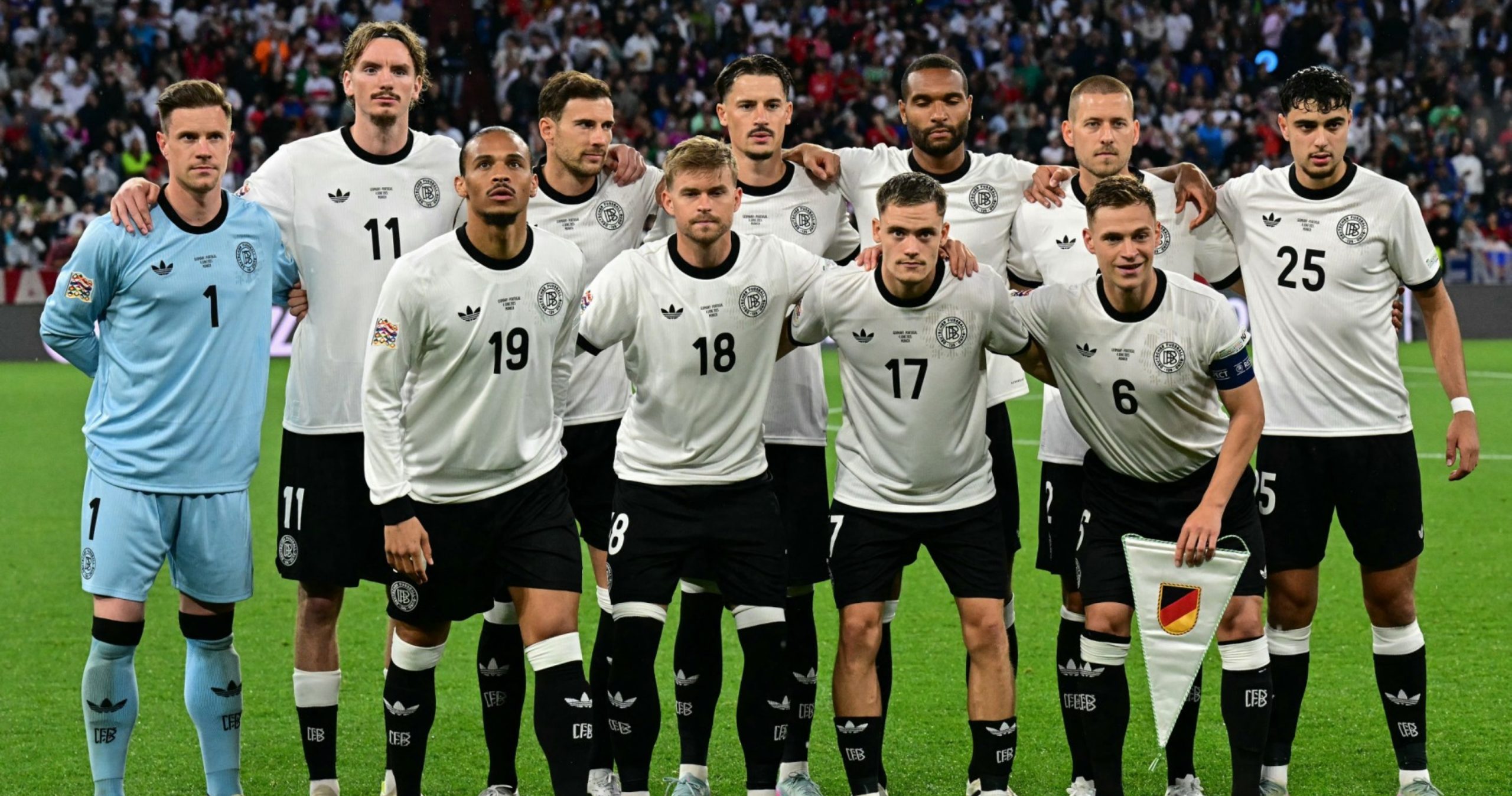
The German Football Association (DFB) and FIFA will decide with full “autonomy” whether to boycott the upcoming World Cup, which will be hosted mainly by the United States in six months, following threats made by former U.S. president Donald Trump, the German government told AFP on Tuesday.
Trump has threatened to seize Greenland and impose higher tariffs on European countries that oppose the plan, raising political tensions between the United States and Europe.
“This assessment therefore lies with the relevant federations, in this case the DFB and FIFA. The federal government will respect that decision,” Sports State Secretary Christiane Schenderlein said in a statement emailed to AFP.
AFP had asked the German government about the possibility of a boycott of the World Cup to be jointly hosted by Canada, the United States and Mexico from June 11 to July 19.
“The federal government respects the autonomy of sport. Decisions regarding participation in major sporting events or possible boycotts fall exclusively within the responsibility of the relevant sports federations, not the political sphere,” said Schenderlein, a member of the conservative CDU, the party of Chancellor Friedrich Merz.
International
Daily Mail publisher insists reports relied on legitimate sources amid privacy trial
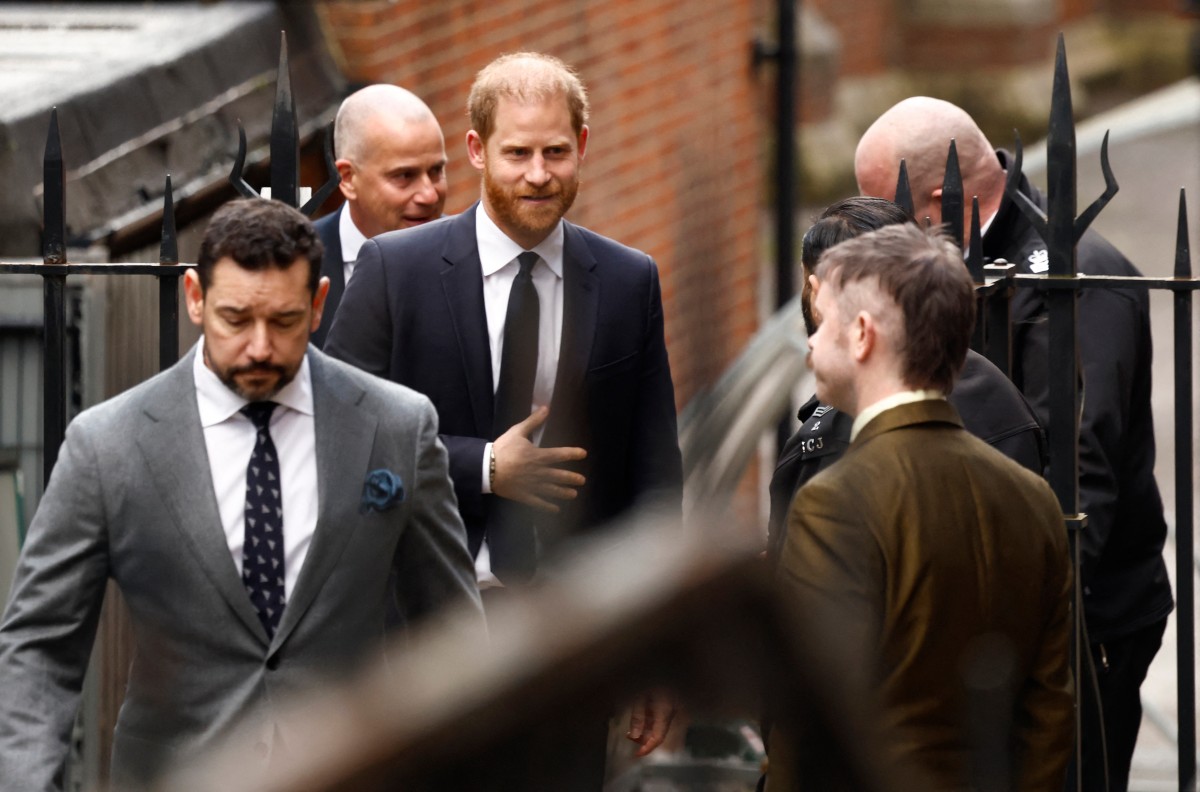
Two British tabloids accused of phone hacking and other forms of “unlawful information gathering” against Prince Harry and six other individuals, including singer Elton John, insisted on Tuesday that their reporting relied on legitimate sources.
Associated Newspapers Ltd (ANL), the publisher of the Daily Mail and The Mail on Sunday, sought to rebut allegations of privacy violations through illegal methods on the second day of trial at London’s High Court, following a lawsuit filed by the seven claimants.
Prince Harry, 41, who attended court hearings on both Monday and Tuesday, could be called to testify starting Wednesday in a trial expected to last up to nine weeks.
Lawyers for the claimants said the alleged illegal activities took place between 1993 and 2011, with some incidents reportedly extending as late as 2018. They argue that the tabloids hired private investigators to intercept phone calls and obtain confidential information, including detailed phone records, medical histories, and bank statements.
However, Anthony White, counsel for ANL, told the court that the trial would show the company presents “a compelling account of a pattern of lawful source acquisition” for its articles.
White added that the claims would require the court to believe that journalists and staff at the tabloids had engaged in widespread dishonesty, which the company strongly denies.
International
Death toll from southern Spain train crash rises to 40
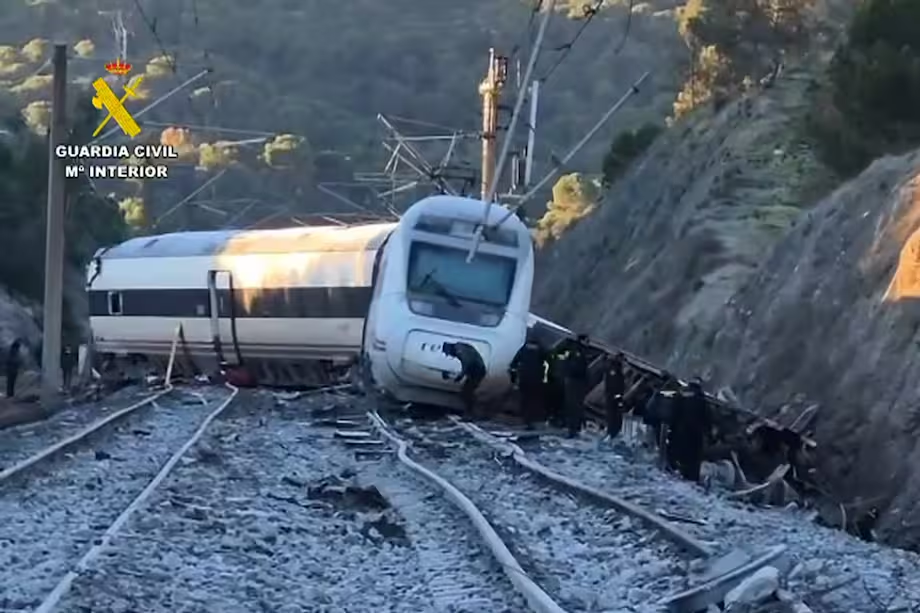
The death toll from the train accident that occurred on Sunday in southern Spain has risen to 40, according to investigative sources cited by EFE on Monday afternoon.
Since early Monday, search operations have focused on the damaged carriages of a Renfe train bound for Huelva, which collided with the last derailed cars of an Iryo train traveling from Málaga to Madrid after it left the tracks.
The crash has also left more than 150 people injured. Of these, 41 remain hospitalized, including 12 in intensive care units at hospitals across the Andalusia region.
More than 220 Civil Guard officers are working at the site, searching the railway line and surrounding areas for key evidence to help identify victims and determine the causes of the accident.
The tragedy has revived memories of the deadliest railway disasters in Europe in recent decades. In Spain, the most severe occurred on July 24, 2013, when an Alvia train derailed near Santiago de Compostela, killing 80 people and injuring 130 others.
At the European level, the worst rail disaster took place on June 3, 1998, in Eschede, northern Germany, when a high-speed train struck a bridge pillar at 200 kilometers per hour, resulting in 98 deaths and 120 injuries.
-

 International4 days ago
International4 days agoU.S. deportation flight returns venezuelans to Caracas after Maduro’s ouster
-

 International2 days ago
International2 days agoDeath toll from southern Spain train crash rises to 40
-

 Central America3 days ago
Central America3 days agoGuatemala prison uprisings leave 46 guards held by gangs
-

 Central America2 days ago
Central America2 days agoGuatemala raises police death toll to nine after gang violence escalates
-
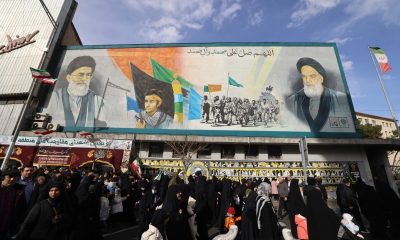
 International5 days ago
International5 days agoCanada accuses Iran of killing its citizen during anti-government unrest
-

 International5 days ago
International5 days agoSheinbaum highlights anti-drug gains after U.S. says challenges remain
-

 International2 days ago
International2 days agoOver 160 christian worshippers kidnapped in Kaduna Church attacks
-

 International3 days ago
International3 days agoChile declares state of catastrophe as wildfires rage in Ñuble and Biobío
-

 International4 days ago
International4 days agoFormer South Korean President Yoon sentenced to five years in prison
-
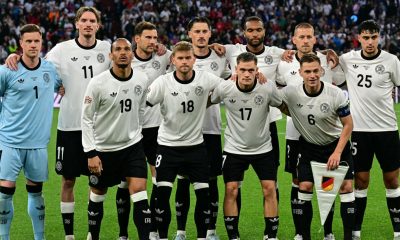
 International17 hours ago
International17 hours agoGermany says football bodies alone will decide on possible World Cup boycott
-

 International2 days ago
International2 days agoSpain’s Prime Minister pledges transparency after train crash kills at least 39
-
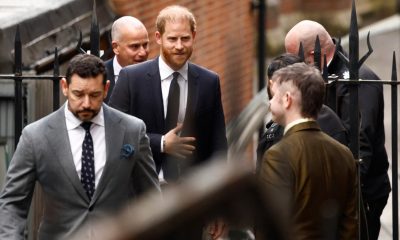
 International17 hours ago
International17 hours agoDaily Mail publisher insists reports relied on legitimate sources amid privacy trial


























